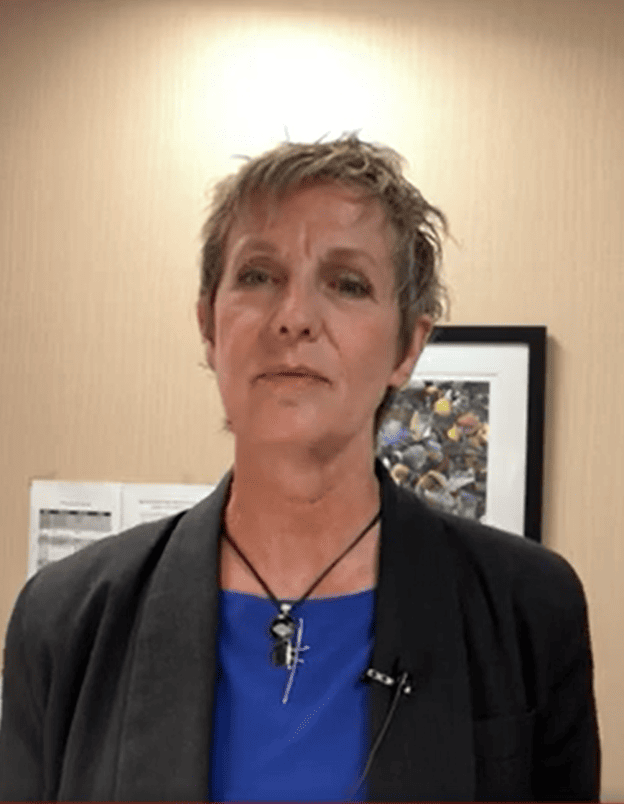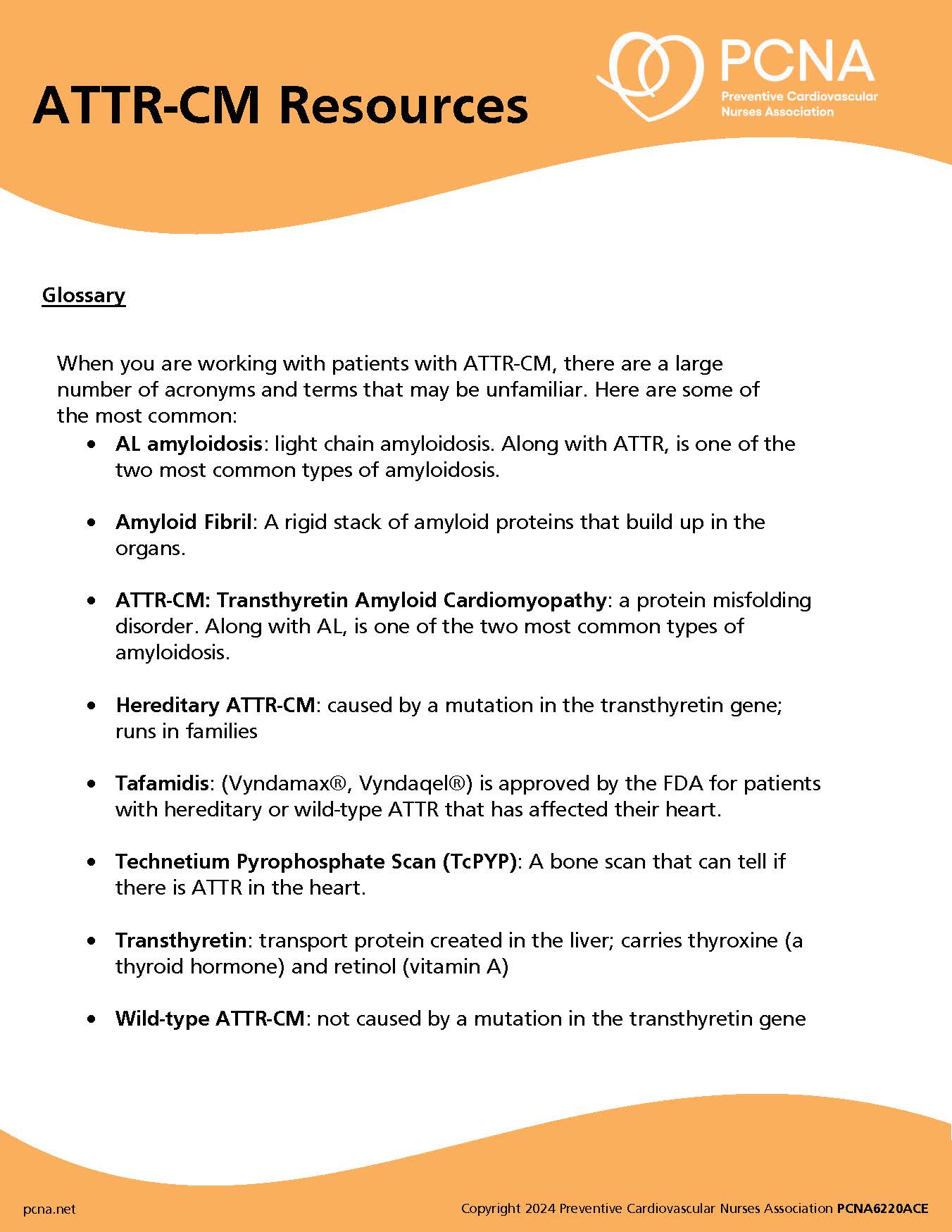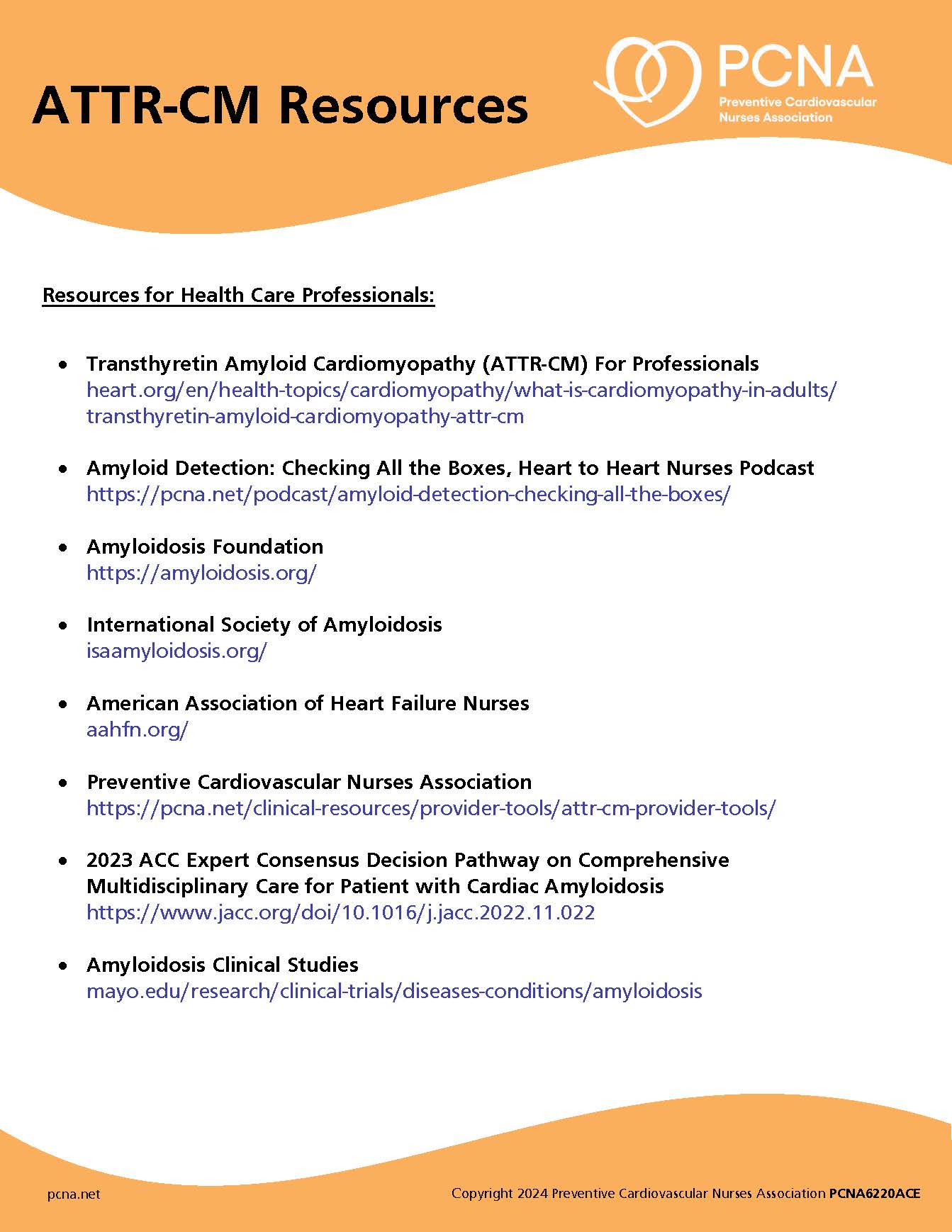Hypertrophic Cardiomyopathy (HCM) is the most common genetic heart condition. Typical symptoms, testing, treatment options, and the role of genetic counseling and referrals to a Center of Excellence in HCM team-based care are discussed.
Episode Resources
[00:00:00] Welcome to Heart to Heart Nurses, brought to you by the Preventive Cardiovascular Nurses Association. PCNA’s mission is to promote nurses as leaders in cardiovascular disease prevention and management.
Geralyn Warfield (host): I’d like to welcome our audience today where we are going to be speaking with Heidi Salisbury. Heidi, tell us a little bit about yourself.
Heidi Salisbury (guest): All right, thank you, Geralyn. My name’s Heidi Salisbury, and I’m a Clinical Nurse Specialist at the Stanford Center for Inherited Cardiovascular Disease.
Geralyn Warfield (host): Well, thank you so very much for being part of our podcast series today and in today’s episode, we’re going to talk a little bit about hypertrophic cardiomyopathy, which I happen to know you’re rather an expert at, and I’m hoping you can tell us just a little bit more about that particular disease state—also known as HCM, so that we don’t have to tongue twist over that very long name.
Heidi Salisbury (guest): You are so right. It is a tongue twister. Let’s refer to it as HCM moving forward. I’ve taken care of individuals and [00:01:00] families with HCM for 20 years.
HCM is a genetic heart condition. It’s the most common of our genetic heart conditions. While it’s referred to as rare heart disease, the incidence in our, in our population, the prevalence in our population, is one out of 350 individuals, which doesn’t feel so rare.
And the thing about HCM is it can present itself in different ways within a family. So, one individual might have more arrhythmias, another individual might have more cardiomyopathy presentation. But, by definition, HCM is left ventricular hypertrophy greater than 1.3 centimeters in the absence of any other cause.
Geralyn Warfield (host): So, patients with HCM, how do they get to you in your cardiac setting?
Heidi Salisbury (guest): That’s a great question. So, patients with HCM come from community cardiologists, or come from the emergency room after having an event of arrhythmia or [00:02:00] shortness of breath, chest pain. But most often, actually, come from family referrals. Working with a cardiologist, or a primary care physician, it’s identified that they have a family history or an affected family member, and that triggers the referral. So, it’s quite a variety of ways that we, that patients come to us.
Geralyn Warfield (host): Is there any genetic testing that leads to this diagnosis?
Heidi Salisbury (guest): Great question. So, in, you know, when we started our program 18 years ago, we did genetic testing one time the first year, and it cost a lot of money. There was no insurance coverage.
And now we’ve evolved to the point where the majority of our patients do go through genetic testing. The maximum out of pocket is under a hundred dollars. And genetic testing, while there’s still room for improvement, has really helped us to better define the disease, to detect it earlier and to capture individuals who are unknowingly at risk, who [00:03:00] are carriers for the genetic variant that can result in developing HCM.
Geralyn Warfield (host): And so, for these genetic diseases, I suspect that having a genetic counselor available alongside what you are working with when it comes to treatment sometimes can be very important because in a genetic disease there might be senses of guilt or other things for the people that have passed it on to their family members. Is that an accurate statement?
Heidi Salisbury (guest): Such an accurate statement, and so important if you have the luxury on your team of engaging with the genetic counselor. It brings so much to the care of your patient. For all the reasons that you just mentioned, but also for counseling an individual before they go forward with genetic testing so they can make an informed decision. And yes, so they can better understand the genetics of this disease, how it impacts them as an individual, and potentially impacts their family, and how to help support and, and protect their family moving forward.
But not everyone has the luxury of [00:04:00] genetic counseling. And so, it’s really important to educate your nurses and, and your physicians, on the resources that are available to better understand genetics, and to communicate genetics to your, to your patient.
Geralyn Warfield (host): Could you speak a little bit about cardiac myosin inhibitors?
Heidi Salisbury (guest): Yeah. So cardiac myosin inhibitors are a novel therapeutic class of medications. They were just FDA approved on April 28th, 2022. This is the first, these, this class of medications—we’ll call them CMIs, cardiac myosin inhibitors—CMIs are first in class for humans.
And that means that we’ve not, although we, we use these medications in clinical trials, this is the first time they’re available to the greater population. These medications work by inhibiting the function of myosin in the heart, which is part of the underlying disease process for HCM.
This is the first time that we have a medication that treats the underlying disease.
So, we are [00:05:00] literally, with this breakthrough, moving from HCM being a treatable chronic condition to potentially a reversible condition.
Geralyn Warfield (host): That’s a very exciting development for you and your team and anyone else who is working with patients with HCM. And I’m wondering if you have any patient stories that you might be able to share.
Heidi Salisbury (guest): Yes. I have taken care of patients with HCM and families with HCM for 20 years, and I have been part of a team that that recommends medications to help support their quality of life. But these medications don’t treat the underlying disease. They just help manage the symptoms.
So, it is incredibly rewarding to experience patients, the changes in patients’ lives, when they have a medication that treats the underlying disease.
And some impactful patient stories…Patients who are on CMIs will often [00:06:00] share that the activities of their daily life feel completely different. Just walking up a familiar path, or bending over quickly to pick up something, would provoke symptoms in the past. And all of a sudden, they’re noticing these differences in their daily life.
And there’s more dramatic examples of individuals who describe their experience as miraculous, individuals who say game changer.
But I’ll tell you the story of patient number one for us. She, we’ve known her for years. She started the medication, and at about eight weeks to 12 weeks, she really observed a difference in the way she feels—in terms of shortness of breath, and the limiting feelings she would feel when she moved. She’s worked in a Pilates studio for years, managing [00:07:00] the office, but she’s never been able to take the classes. And now she routinely takes the classes, which is an absolute joy for her, and she’s interested in becoming an instructor.
Geralyn Warfield (host): That is just an incredible transformation based on this one treatment. And as a practitioner, as a provider, it must be very gratifying to be able to have this available and to see that transition from the difficulty that she was having with everyday living to something that’s just dramatically different.
Heidi Salisbury (guest): As a provider it’s been so inspiring to see the positive change that CMIs have made in our patients’ lives. It’s not just that though, it’s the hope for something that, for a treatment that actually works on the underlying disease process. So, the mindset is something that’s just as powerful, just as powerful as the mechanism of action of the medication.
Geralyn Warfield (host): We’ve been speaking with Heidi Salisbury and we will be right back.
Geralyn Warfield (host): And we’re back talking about HCM, and I am hoping, Heidi, that you would be able to talk a [00:08:00] little bit more about that family-centric care that needs to happen in this particular disease.
Heidi Salisbury (guest): This particular disease, HCM, is an autosomal dominant genetic disease, which means that first degree relatives of an affected individual have a 50% chance of presenting with HCM in some way, shape, or form.
And so, it’s very important to treat every individual as a potential family that’s affected with HCM. And to do that, most important is to make sure that you have an, that you are clean on your diagnostics, that you know that this is true, true HCM. That you make sure that the individual is safe, that you support their quality of life, and then you engage with genetic testing techniques, if possible, and family screening recommendations.
Education. Education is key here. And just remembering that this, again, is a family disease and so we need to, to treat an individual means treating the entire family.
Geralyn Warfield (host): So, speaking of an entire family, this particular disease [00:09:00] often takes a family of providers. So, individuals might be diagnosed at their home location in one way, shape, or form, and then their providers may reach out to an organization like yours, which is an HCM Center of Excellence. And what does that relationship look like, typically?
Obviously, the individual does not leave their primary care, but this is definitely much more of a team-based application of knowledge and skills and treatments, isn’t it?
Heidi Salisbury (guest): It is. Right. And it’s a partnership. The partnership with primary care or your primary cardiologist and a center of excellence is so important to support the quality of life of a patient and to identify additional family members that might be at risk.
The, the bread and butter of the Center of Excellence is, is clean diagnostics, genetic testing support, genetic counseling, and really informing a high-level comprehensive plan [00:10:00] of care that then can, you can, a patient and family can take back to their primary care provider, or local cardiologists. And I think that relationship offers the patient the most, the highest level of support. So that they can engage both with the Center of Excellence to set the bar for their care, but with their local team, so, they get, they have a reliable, trusted team to, to work with.
Geralyn Warfield (host): So, for our listeners who want to know more about HCM, do you have some resources that you would recommend?
Heidi Salisbury (guest): Absolutely. So, the PCNA has put together an incredible toolbox of resources that includes content, videos, podcasts.
I would also refer you to the Hypertrophic Cardiomyopathy Association, which is run by Lisa Salberg. It’s a great organization to support individuals and families [00:11:00] affected by HCM. And then the AHA and ACC both have wonderful tools for providers and professionals for HCM.
Geralyn Warfield (host): Thank you so very much for sharing your expertise, your knowledge, and those inspiring patient transformations with us on our podcast today.
We are so grateful to you for your time and for what you do each day. This is Geralyn Warfield, your host, and we will see you next time.
Thank you for listening to Heart to Heart Nurses. We invite you to visit pcna.net for clinical resources, continuing education, and much more.
Topics
- Cardiomyopathy
Published on
August 1, 2023
Listen on:
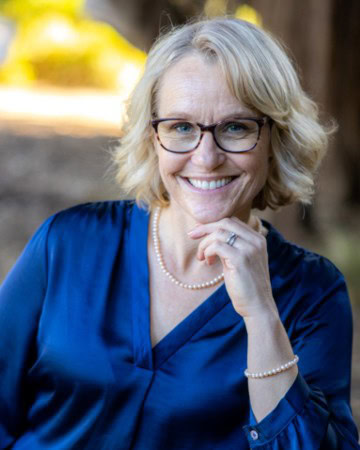
RN, MSN, CNS-BC, ACGN
Related Resources
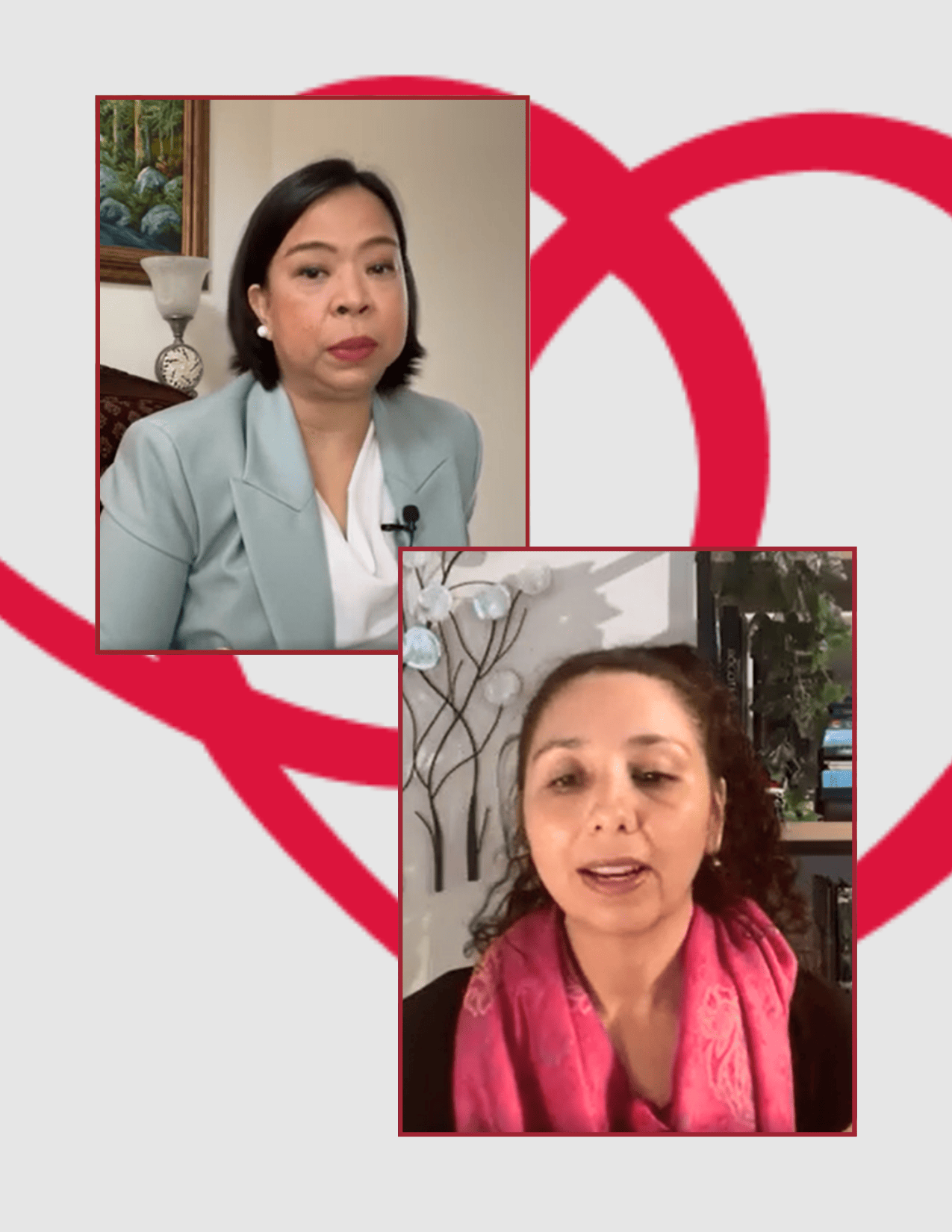
Videos
A Nurse to Nurse Conversation on Hypertrophic Cardiomyopathy and Shared Decision-Making Video
January 19, 2025
